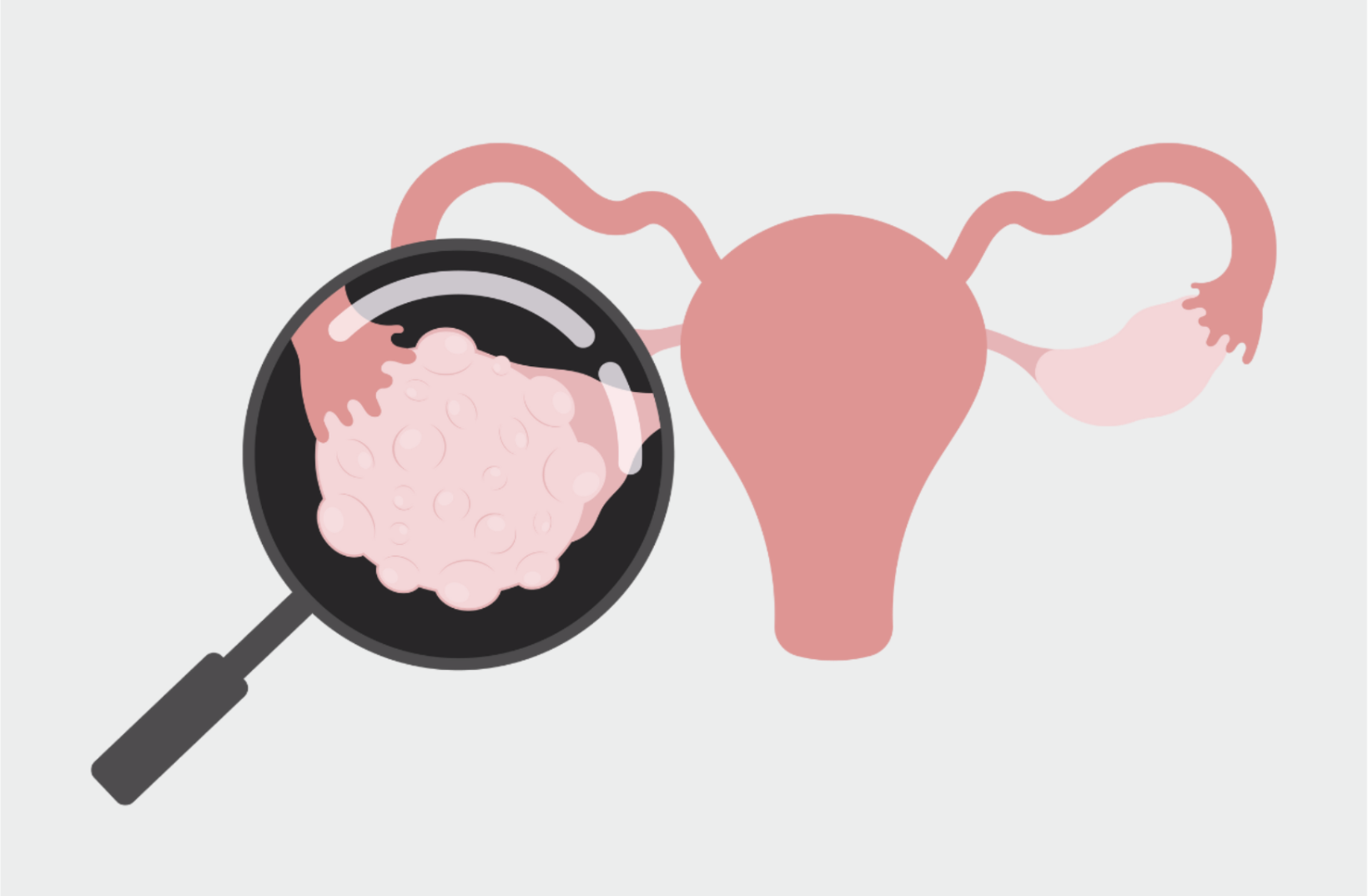

Deciding to freeze your eggs can do more than put you in the driver’s seat of your reproductive journey. Going through the process of retrieving and freezing your eggs can give you insights into your health, offer you peace of mind about how you’ll accomplish your goals, and allow you to create a blueprint for building the family you’ve always dreamed of.
As you and your doctor work together to ready your eggs for retrieval you’ll end up learning valuable information about the state of your fertility and what you need to know before you’re ready to take the next steps.
You could get a heads up about certain reproductive concerns
As part of the preparation for freezing your eggs your doctor will likely do ovarian reserve testing which uses a blood test called Anti-Mullierian Hormone (AMH). Using a blood sample collected on the third day of your period your doctor will be also able to see how much estradiol and follicle-stimulating hormones are present during this key window in your reproductive cycle.
AMH levels are generally higher during your childbearing years and then they begin to decline as you head towards menopause, becoming almost nonexistant afterwards.
You’ll get a better picture of your reproductive schedule
According to the Mayo Clinic, after you’ve decided to move forward with the process you’ll begin taking hormone injections. These hormones will have two distinct jobs—ovarian stimulation and preventing premature ovulation—which your doctor will achieve using a variety of medications.
Your doctor will begin monitoring you and checking two very important levels:
- Estrogen (an increase means your follicles are developing)
- Progesterone (low levels will mean you haven’t ovulated yet)
Not only will you discover how your body reacts to stimulation (giving you a great deal of information about how your egg production is going) but you’ll also have an idea of when you should ovulate. Knowing exactly when the clock starts ticking—your eggs will be ready for retrieval after 10-14 days—will let you know what you can expect for this cycle.
Your doctor will find out how many follicles you have
Speaking of follicles, these are the sacs where your eggs will stay until they have matured. Your doctor will likely use a vaginal ultrasound to check the status of your ovaries to see how many follicles have developed, indicating how many eggs you’ll likely have for retrieval. That number is going to be very important (and very exciting) for both you and your doctor.
To give you an idea of why that number matters so much, you’ll need to know how many eggs you need to increase the potential for a live birth. A 2020 study in the Journal of Assisted Reproduction and Genetics found that a woman under the age of 35 averaged 21 eggs on their first round of egg retrieval. At that age, you would need approximately 9 eggs to ensure a 70% chance of a live birth. Once you find out how many follicles you have you might have a better idea of your pregnancy success rate when the time comes.
There will be additional health screenings
Another thing you’ll learn about your fertility is whether you have any diseases that you can pass onto a future child, via a genetic carrier screening test. Your doctor will also likely have you undergo an infectious disease screening—which will check for things like HIV and certain varieties of hepatitis—as part of your work up. These tests are different from genetic screenings, which looks for the potential changes in your genetic blueprint indicating heredity conditions that can be passed onto your child.
Some people who freeze their eggs may do genetic testing ahead of time, whether because they already know that certain conditions run in their family or because they have a limited understanding of their family history. According to the Centers for Disease Control and Prevention (CDC), genetic testing can even give you information about some types of cancers that could impact your reproductive system, making it another important tool in your fertility arsenal.
Getting proactive can save you money
By being proactive about your fertility journey you not only get to make the decisions about what your future family will look like based on your terms, but you’ll also be able to get an idea of what may lie ahead for you if you decide to have a child.
Of course, freezing your eggs can be expensive. It costs an estimated $10,000-20,000 per cycle. Fortunately, there are egg freezing programs like Freeze by Co that can help you navigate financial pain points that may make planning for that future family a little bit harder by offsetting some of the costs associated with freezing your eggs. Freeze by Co offers members two different options for freezing their eggs. Split Members may qualify to freeze their eggs for free when they donate half of their eggs to other families looking to conceive.
There are even benefits for those who want to use the Freeze by Co’s Keep program. As the name indicates, Keep Members keep all of the eggs collected during retrieval while still benefiting from discounted costs in the way of less expensive medications and more.










